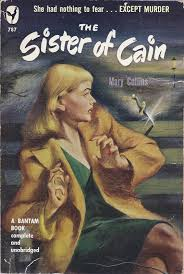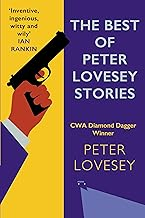I'm absolutely delighted to say that Joffe Books have agreed to republish my Lake District Mysteries, and the first title in the series, The Coffin Trail, appears tomorrow, 31 July. The other titles will come out, I gather, month by month. I'm excited by this development, not least by the new artwork and the prospect of an infusion of energetic marketing and sales savvy.
I'm also very glad to say that this move reunites me with Kate Lyall Grant, who was the editor at Hodder who acquired my sixth and seventh Harry Devlin novels, The Devil in Disguise and First Cut is the Deepest, back in the late 90s. I've worked with Kate since, on a Murder Squad anthology for Severn House, but not in relation to my own novels.
The Coffin Trail was an important book in my writing career. The idea for a new rural series was suggested by David Shelley, when he was my editor at Allison & Busby, and my great friend the late Peter Robinson gave me a lot of encouragement. The novel was shortlisted for the Theakston's Prize for best first crime novel of the year - in very illustrious company, it must be said. I enjoyed creating Hannah Scarlett and Daniel Kind, though of course as time passed my ideas about the development of the series evolved. So, for instance, originally I thought Daniel would retain close links with Oxford, but that hasn't happened...yet.
I'm often asked if you need to start reading my series from the beginning or whether you can start with any book. I do work very hard to make sure that you can start anywhere, but I know that a lot of readers prefer to begin at the beginning. So I'm hoping that plenty of people will want to give The Coffin Trail a try. It seems quite amazing to me that it was first published twenty-one years ago, but I think that, by and large, the passage of time has been pretty kind to it, and I'm hoping that others will agree.
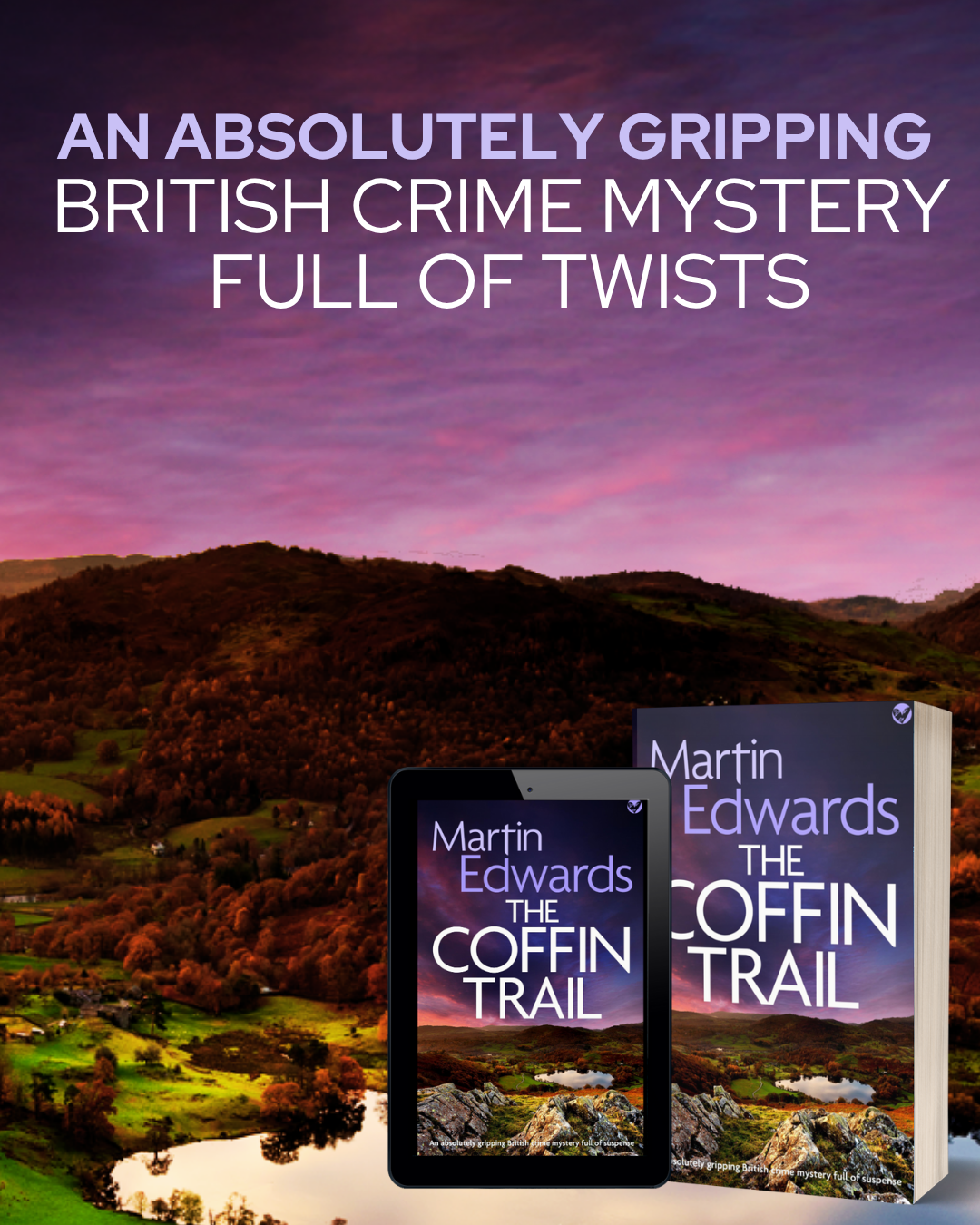

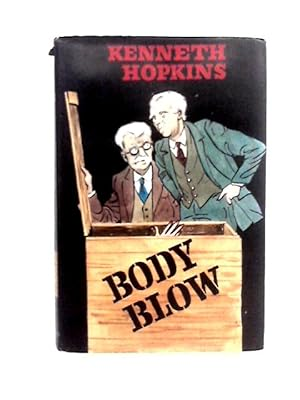
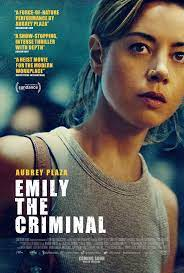






.JPEG)
.JPEG)
.JPEG)
.JPEG)
.JPEG)
.JPEG)
.JPEG)
.JPEG)

.JPEG)

.JPEG)
.JPEG)
.JPEG)
.JPEG)
.JPEG)
.JPEG)
.JPEG)


.JPEG)

